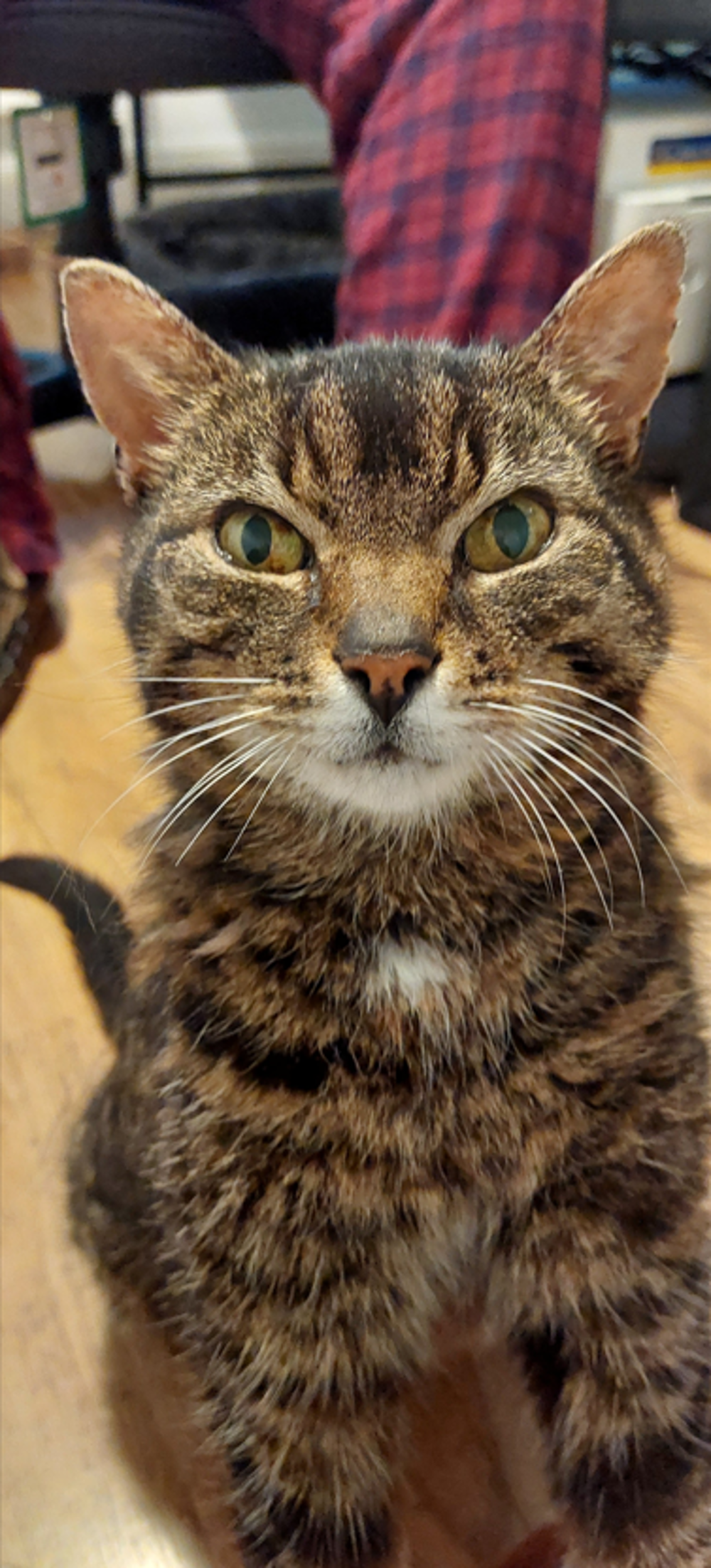
UK’s largest lost and found pet database issues summer warning and urges owners to check their details this National Microchipping Month
Pets are most likely to go missing during summer, Petlog, one of the UK’s largest lost and found pet databases has revealed, and urges owner caution as National Microchipping Month begins.
Three years’ worth of missing pet data shows a 63% increase in pets being reported as missing or stolen during June, July and August, compared to the winter months of December, January and February. Last year alone, Petlog, which is run by not-for-profit organisation The Kennel Club, saw 79% more pets reported as lost or stolen during the summer months compared to winter. 2024 saw around 1,600 dogs and 13,000 cats reported as missing or stolen, as well as 12 tortoises, eight ferrets and five horses.
Whilst many of these pets will have been reunited and returned home due to their microchip, Petlog is urging owners to check that their details are up to date with their database and to be aware of additional security considerations during the summer. The organisation, which reunites lost and found pets and is behind National Microchipping Month, hopes to raise awareness of the importance of this throughout June and keep more of the UK’s much-loved pets safe.
“Summer often sees changes to routines, children at home for the holidays, owners going away and generally more time spent outdoors exploring new places with our pets,” comments Helen Fox, Petlog spokesperson.
“With this, it’s crucial that owners don't forget about their much-loved pet. Ensuring they are microchipped and registered with a 24/7 reunification database like Petlog is an easy but essential measure that can make all the difference and offers vital peace of mind.
“We want to get more pets microchipped and more owners checking their details are up to date this National Microchipping Month, so if the worst were to happen, you have the best chance of being reunited with your furry family member.”
A microchip is the size of a grain of rice which is inserted under the skin at the back of an animal’s neck. It permanently identifies pets and connects them with an owner’s contact details, which are held on a database like Petlog, enabling vets, local authorities and animal charities to scan the chip, match it to the owner’s details and reunite lost and found pets if the worst happens. Of course, microchipping can only work effectively if an owner’s contact details are up to date with a database.
Bailey, an 18-year-old cat from Stirling, was reunited with his family over two years after he went missing, thanks to his microchip and up-to-date details registered with Petlog.
Bailey didn’t return home one evening after going out with his brother. Despite searching the area, putting up posters, and his owner alerting Petlog, there was no sign of him.
More than two years later, someone locally posted a photo of a cat living under their garden decking, and Bailey’s owner, Heather McLachlan, immediately recognised him.
A visit to the vet then confirmed his identity through his microchip, which was registered with Petlog, providing a sense of relief for Heather and her family, who had almost given up hope: “The vet confirmed through his chip that it was him, which was such a massive relief,” Heather said.
“We never thought this would happen, especially at his age, but he is home, the wanderer returns!”
Currently, it’s a legal requirement for dogs to be microchipped in England, Northern Ireland, Wales and Scotland. It’s also compulsory for pet cats in England to be microchipped, with an owner’s up-to-date contact details recorded on a Defra-approved microchipping database. There’s currently no legal requirement to microchip other pets, but experts like Petlog strongly advise it.
Alongside microchipping, Petlog is advising owners to make sure their pet is secure this summer. Helen added: “Prevention is of course the most effective approach - pet owners should ensure that their gardens and homes are secure, and remain vigilant of their pet’s whereabouts, especially when children or visitors are present, routines change or when spending time away from home.
“If you are traveling abroad, it is advisable to update your holiday details on your pet’s microchip record ahead of time. Petlog, as a member of the European Pet Network, can assist in reuniting owners and pets who go missing while abroad.”
For further expert advice about keeping your pet safe this National Microchipping Month, or for information about microchipping and how to register with Petlog, visit petlog.org.uk/nationalmicrochippingmonth.
